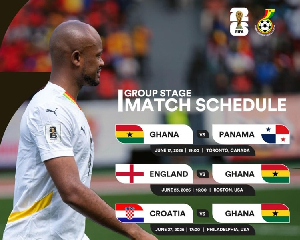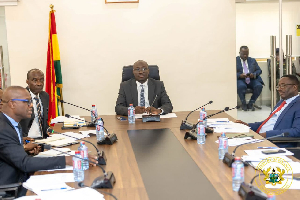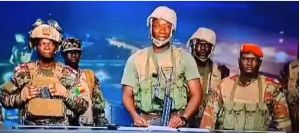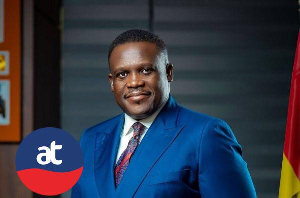Nigerian Afrobeats artiste, Mr. Eazi stands by his belief that Ghanaians have influenced Nigerian music.
Weeks ago, he granted an interview on Capital Xtra suggesting that Nigerian artistes use Ghanaian words or slangs to help them get radio hits, incurring the wrath of his country people.
“The interview that caused this uproar was just me speaking my mind and saying things the way I see it from my perspective. It wasn’t meant to be an insult to any Nigerian artiste,” explains Mr. Eazi to Punch News of Nigeria.
“You cannot deny that I brought a new vibe to the industry and I believe everybody can see that. Now, there are lots of Nigerian artistes who use Ghanaian words and melodies in their songs, but they’ve never been to Ghana. So how did they get to know about those words? There are a lot more songs out now that have that Ghanaian influence, and with all due respect, I can boldly say that started after my songs started gaining popularity.”
Mr. Eazi’s assertion that Nigerian artistes use Ghanaian sound or slang to help them score a radio hit is “wrong,” says Nigerian Dancehall artiste, Patoranking.
The ‘No Kissing‘ act believes the “cultural exchange” between the West African countries is to the benefit of artistes from both countries.
“We have been having this cultural exchange with Ghana way back since the time Tuface sang ‘My love’ which featured VIP from Ghana. Tic Tac and Tony Tetuila sang ‘Fefe ne efe.’ The musical cultural exchange between Nigeria and Ghana has been going on even before I finished secondary school.” explains Patoranking in an interview with Co0l FM in Lagos, Nigeria.
“It is false for Mr. Eazi to say he started that style of music because he did not help me sing my hit song, ‘My Woman.’ I did it myself and the song is a global hit song. It is the biggest afrobeat song in the Caribbean. I do not agree with his statement. It is wrong.”
He also claimed that the Nigerian music market helps with the growth of artistes compared to that of Ghana.
“Nigerians are very powerful people and if they like your song, you are likely to be a success in Africa. There was a point in my life that I travelled to Ghana in search of greener pastures but I ended up trekking and sleeping on the streets. I decided to come back to Nigeria. Then I released ‘Alubarika’ and ‘Girlie O.’ Both songs were a hit and in no time, I was invited to perform in Ghana, Kumasi Stadium to be precise. When they came to pick me, I counted the number of cars and it was 13. I was very surprised but was grateful to God.” `
Entertainment of Tuesday, 19 September 2017
Source: livefmghana.com













